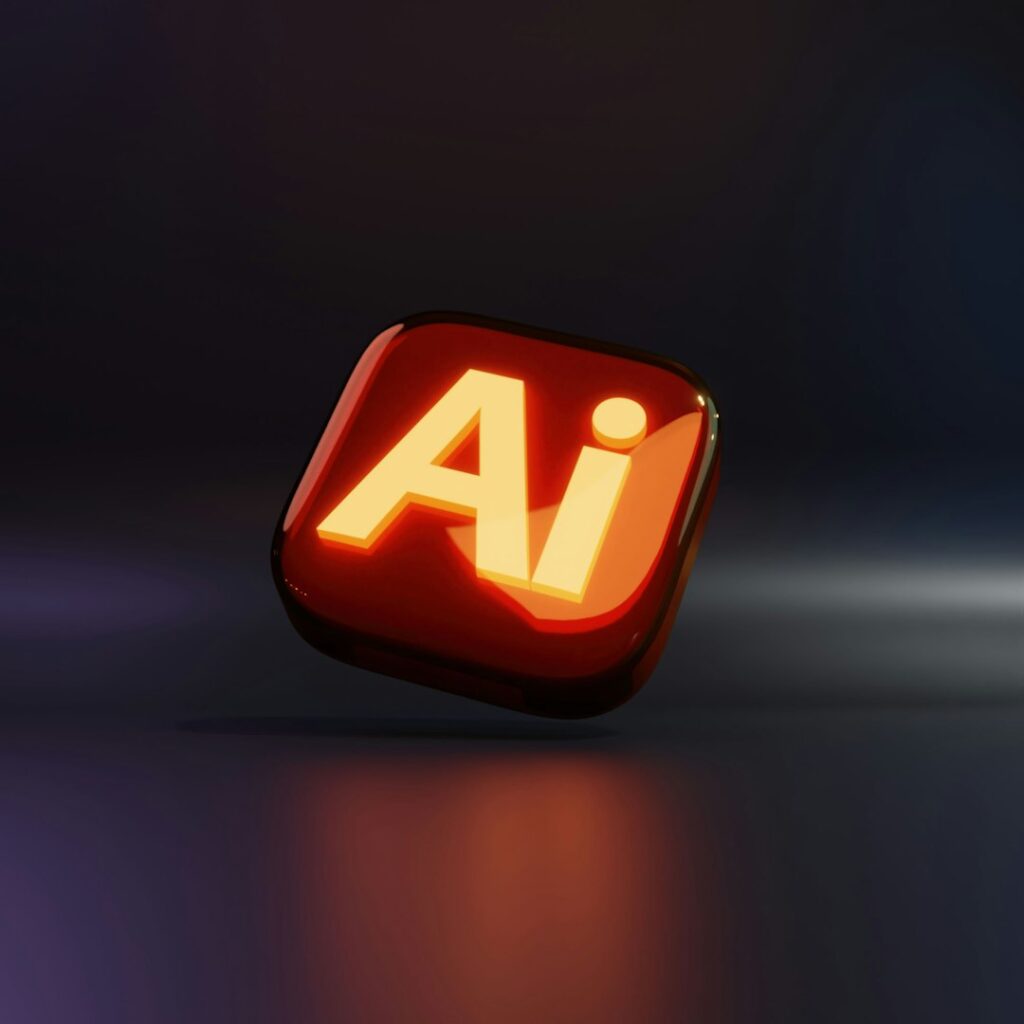Harnessing the Power of AI Tools for Content Automation
In the digital age, content is king, and the need for high-quality, engaging content is more critical than ever. However, creating content at scale can be labor-intensive and time-consuming. This is where AI tools for content automation come into play. These tools harness the power of artificial intelligence to streamline content creation, enabling marketers and writers to produce high-quality content faster and more efficiently.
Understanding AI Tools for Content Automation
AI tools for content automation use machine learning algorithms and natural language processing to generate written content, optimize it for search engines, and enhance overall quality. Whether it’s generating blog posts, social media updates, or product descriptions, these tools can help reduce the workload of content creators.
Types of AI Tools Available
- Content Generation Tools: These tools can create articles, blog posts, and even poetry based on a few input parameters.
- Content Optimization Tools: These are designed to improve existing content’s SEO performance, readability, and engagement rate.
- Social Media Automation: These tools help schedule and post content across various platforms, ensuring consistent engagement with the audience.
Benefits of Using AI Tools for Content Automation
Employing AI tools for content automation offers numerous advantages:
- Time Efficiency: AI tools can produce content in seconds, allowing marketers to focus on strategy rather than execution.
- Cost-Effective: Automated content creation can reduce the costs associated with hiring multiple writers.
- Consistency: AI tools ensure that the content’s voice and style remain consistent, which is crucial for brand identity.
Challenges and Limitations of AI Content Automation
Despite the many benefits, there are also challenges associated with AI tools for content automation.
Quality of Content
One major concern is the quality of the content produced. While AI tools can generate text quickly, they may lack the creativity and depth that human writers bring. Often, AI-generated content requires human oversight to ensure it meets the desired standards.
SEO Implications
Furthermore, relying solely on AI for content creation may lead to SEO issues. Search engines favor original, high-quality content that provides value to readers. If the AI-generated content fails to meet these criteria, it may not rank well in search results.
Integrating AI Tools into Your Content Strategy
To effectively leverage AI tools for content automation, it’s essential to integrate them into your existing content strategy thoughtfully.
Assessing Your Needs
Begin by assessing your content needs. Determine what types of content you need most and where automation can fit into your strategy.
Choosing the Right Tools
Next, select AI tools that align with your objectives. Look for tools that offer flexibility, ease of use, and features tailored to your content goals. Popular tools include Jarvis, Copy.ai, and Writesonic.
Human Oversight and Collaboration
Finally, implement a system for human oversight. While AI can assist significantly, human editors should review content to ensure quality and coherence.
The Future of Content Creation with AI
The future of content creation lies in the collaboration between human creativity and AI efficiency. As AI technology continues to evolve, we can expect even more sophisticated tools that enhance the content creation process.
Emerging Trends
Some emerging trends in AI content automation include:
- Improved natural language understanding will lead to more conversational and engaging content.
- Enhanced personalization options will allow for tailored content that meets individual audience needs.
- Integration with predictive analytics to create content strategies based on audience behavior.
Conclusion
AI tools for content automation are revolutionizing the way we approach content creation. By leveraging these tools, businesses can streamline their content processes, reduce costs, and enhance their overall content strategy. However, it’s crucial to maintain a balance between automation and human input to ensure that quality and creativity remain at the forefront of content marketing efforts. Embrace the power of AI, and watch your content creation efforts soar to new heights.
The Future of AI Tools for Content Automation
As technology evolves, the potential of AI tools for content automation expands dramatically. These tools not only streamline the writing process but also enhance the quality of the output. With machine learning algorithms continually improving, we can expect even more sophisticated capabilities, such as the ability to understand context better and generate content that aligns more closely with a brand’s voice and audience preferences.
Benefits of Incorporating AI in Your Content Strategy
Incorporating AI tools for content automation into your content strategy can yield a multitude of benefits. For one, these tools significantly reduce the time spent on routine writing tasks, allowing content creators to focus on more strategic elements of their work. Additionally, AI-driven analytics can provide insights that help identify trending topics, optimal content formats, and audience engagement metrics, enabling marketers to create more relevant and appealing content.
Challenges and Considerations
While the advantages of AI tools for content automation are clear, there are challenges that content creators must navigate. One of the primary concerns is maintaining originality and creativity. While AI can assist in generating ideas and drafts, the human touch remains essential for infusing originality into the content. Therefore, blending AI efficiency with human creativity is crucial to producing engaging and authentic content.


